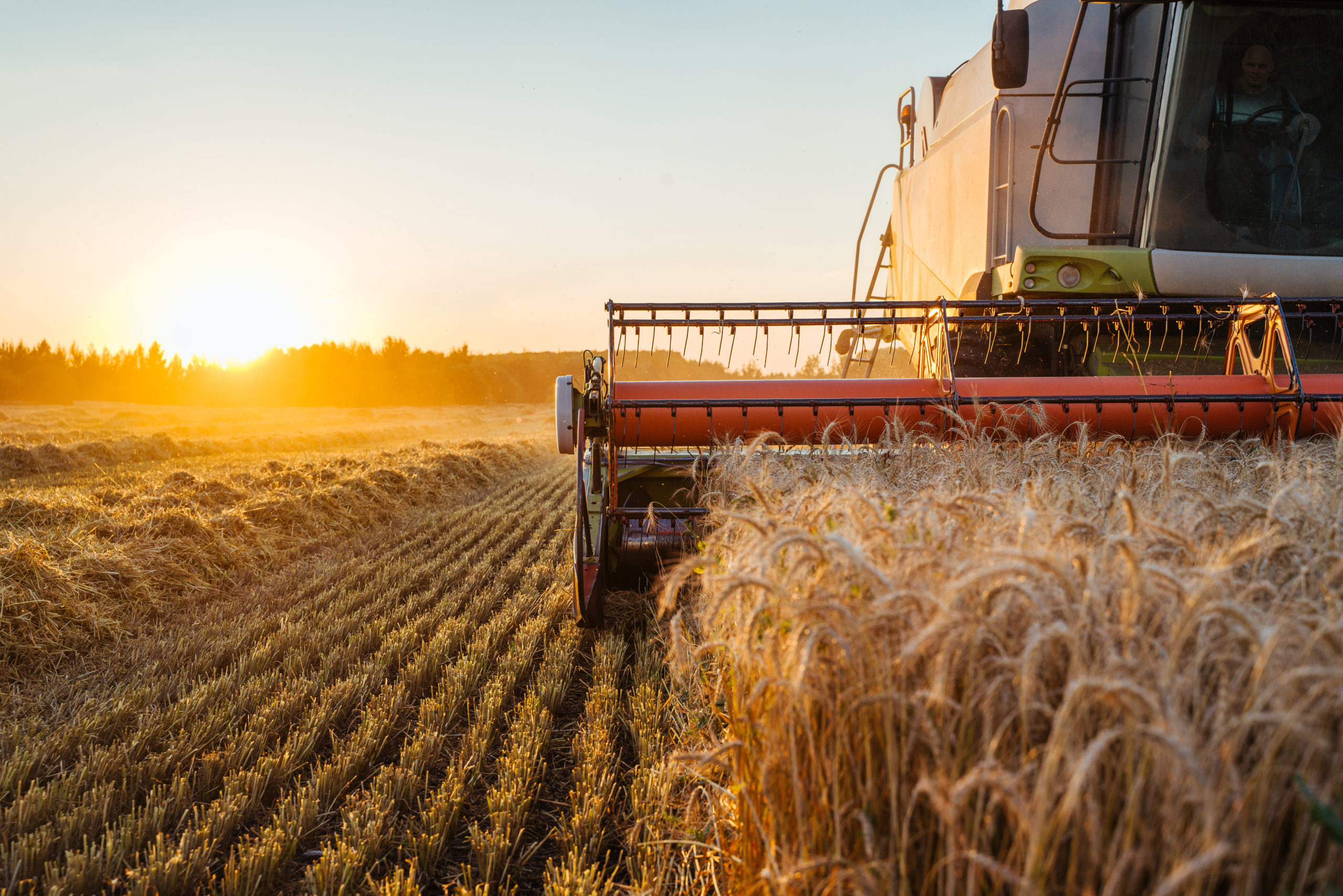New Zeland

Farmers must act now to cut methane, environmentalist warns
Kiwi farmers need to start pulling their weight if there’s any hope of preventing catastrophic flooding in coastal cities, a veteran environmentalist has warned.
The founder of the Ecologic Foundation, Guy Salmon, said urgent action was needed to try to stop Antarctica’s “doomsday glacier” collapsing, and overhauling the agriculture sector was key.
Salmon was speaking from his home in the coastal Nelson suburb of Glenduan, where the city council was building a $1.4 million rock wall along the settlement’s storm-battered seafront road.
Read More here…
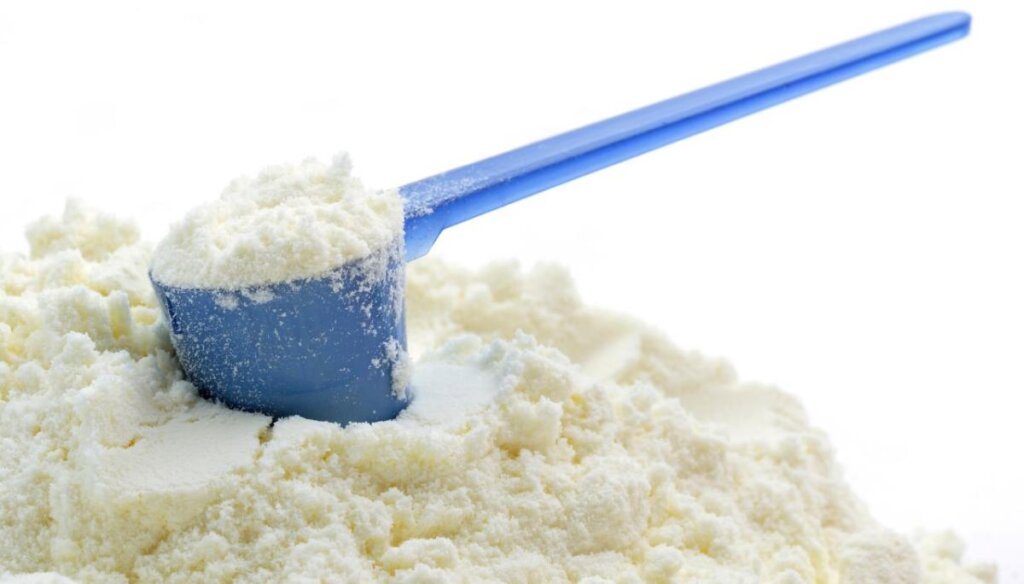
Global dairy prices up in first global trade auction of year
The average price for commodities was US$3420 (NZ$4715) per metric tonne (MT), up from US$3317/MT in the last auction in mid-December.
Prices for whole milk powder – the most important product for New Zealand farmers – rose 3.1 percent, to US$3306/MT
Lactose prices saw the biggest jump, rising 7.4 percent to $US1099/MT, while butter was up 7.2 percent to US$4526/MT. Butter milk powder rose 6.9 percent to US$2876/MT, anhydrous milk fat was up 5.5 percent to $US4604/MT and skim milk powder edged up 4.1 percent to US$3044/MT.
Read more here…
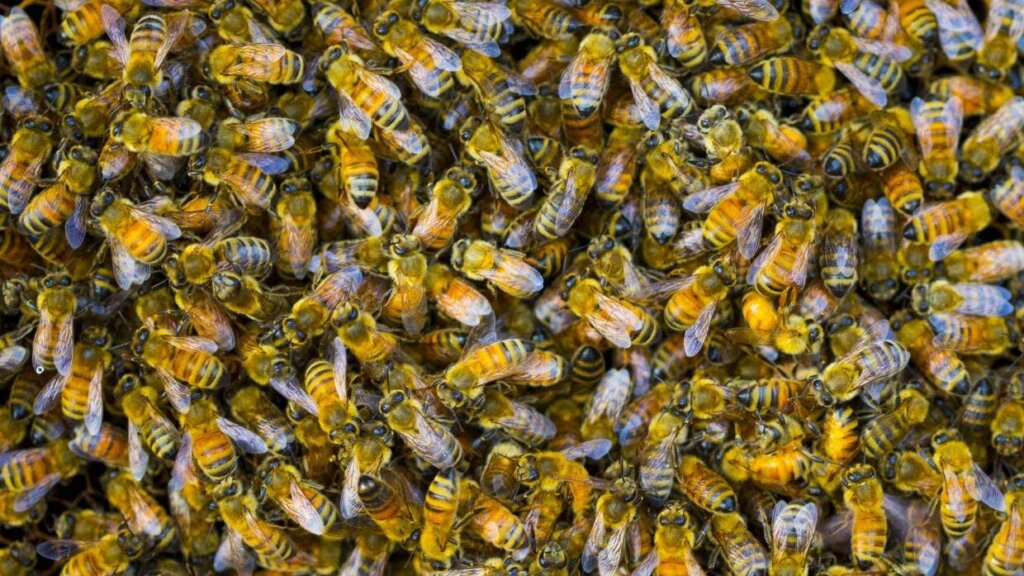
Honey exporter caned for British ad’s health claims
Britain’s advertising watchdog has ruled an ad promoting mānuka honey as a treatment for coughs breached its code.
A complaint upheld by the UK Advertising Standards Authority said a newspaper ad for New Zealand-based Mānuka Doctor should not have described the honey as a treatment for coughs and referred to its ”anti-microbial properties”.
Britain’s advertising code prohibits claims that state or imply a food can prevent, treat or cure human disease.
Read More here…
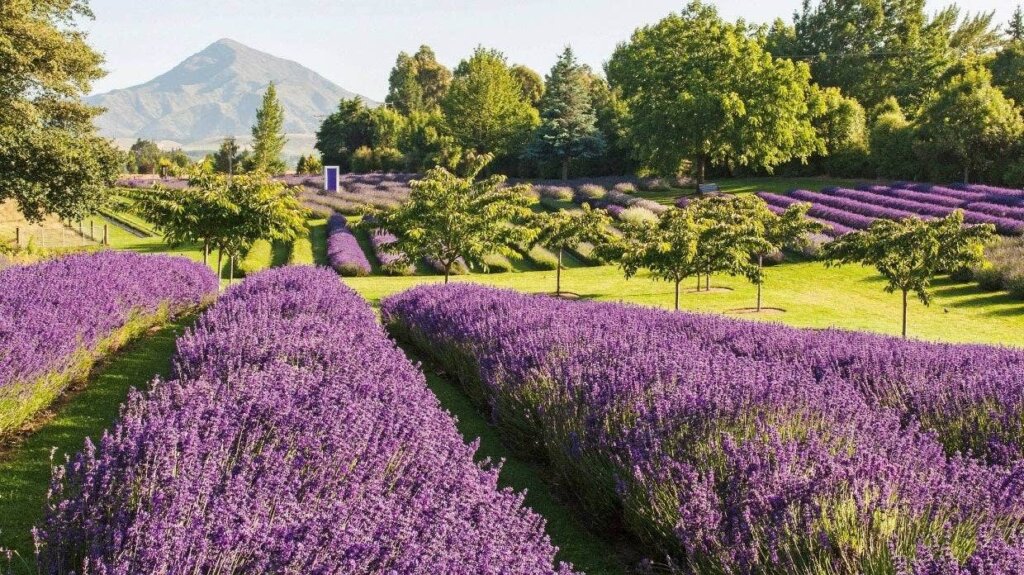
Growing life’s essentials
Imagine waking up every morning to a haze of purple lavender stretching off to the distance; turning in for an evening lulled by the fragrance of 25,000 lavender plants.
For some, it’s the dream, but for the Zeestraten family of Wānaka, it is a reality – for much of the year at least.
Brothers Stef and Tim, and Tim’s wife, Jessica, own a 12-hectare lavender farm on the outskirts of Wānaka, and yes, says Stef, the fragrance can be strong “but you never get sick of being inundated with it”. Nor of the sight of it, and of the trees and mountains beyond.
Read More here…
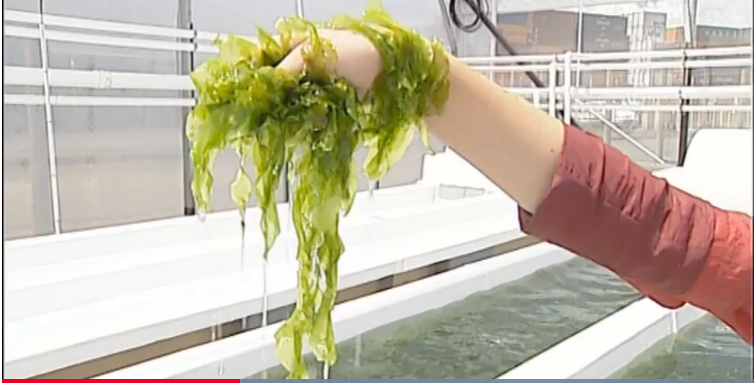
Seaweed could unlock entirely new industry in the Bay of Plenty
A state-of-the-art aquaculture facility at Waikato University is breeding seaweed to help researchers harness its full potential.
Slimy green sea lettuce is good for the environment and good for your health.
“So yeah it’s got huge potential,” says seaweed biologist Dr Marie Magnusson.
The site is specially designed for seaweed and algae cultivation before the seaweed is returned to the ocean.
Read More here…
Australia
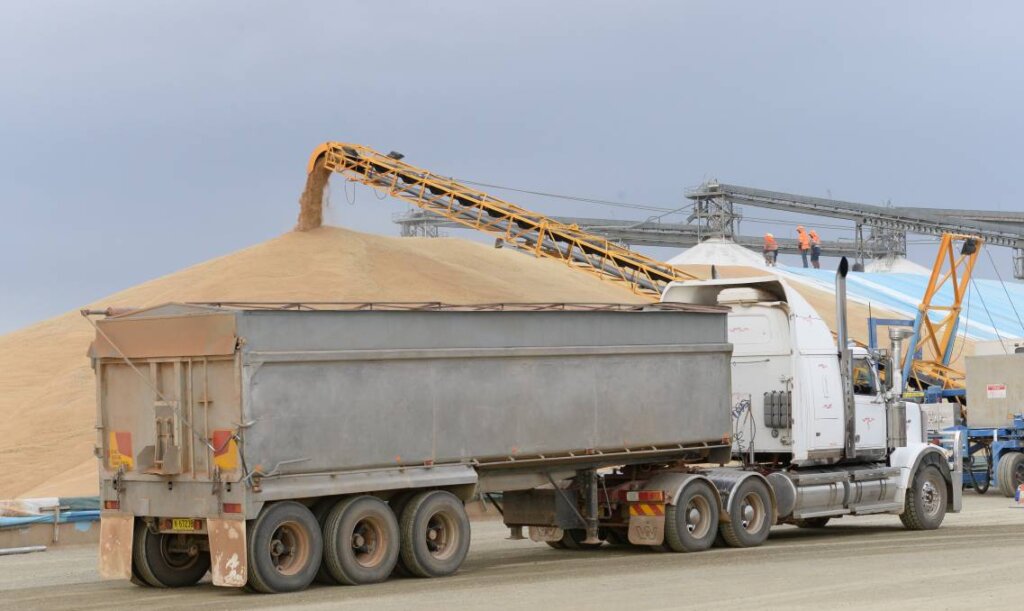
Harvest season strips back records as farmers rushed to finish line
A soggy start to the new year in Victoria’s southern grainbelt has slowed the finish of an otherwise high-speed, bin-busting winter crop harvest across much of Australia this summer.
Despite labour shortages and a nerve wracking run of early harvest storms causing sporadic delays and crop losses, the 2020-21 season will be remembered for the breakneck pace at which farmers and grain handlers worked to get it stripped and stored.
They have whipped through the job about two weeks faster than normal harvest timelines in the eastern states.
Read more here…

Global sugar deficit forecast but La Nina gives Aussie growers a boost
The onset of a La Nina will prove an advantage for the Australian sugar-growing season, with forecast strong rainfall to assist cane development and, ultimately, 2021 yields, according to Rabobank’s latest Global Sugar Quarterly report.
In further good news, the specialist agribusiness bank expects limited impact on Australian sugar exports as a result of Chinese trade friction, with China accounting for only 5.6 per cent of Australian sugar exports, on average, over the past five years.
Read more here…
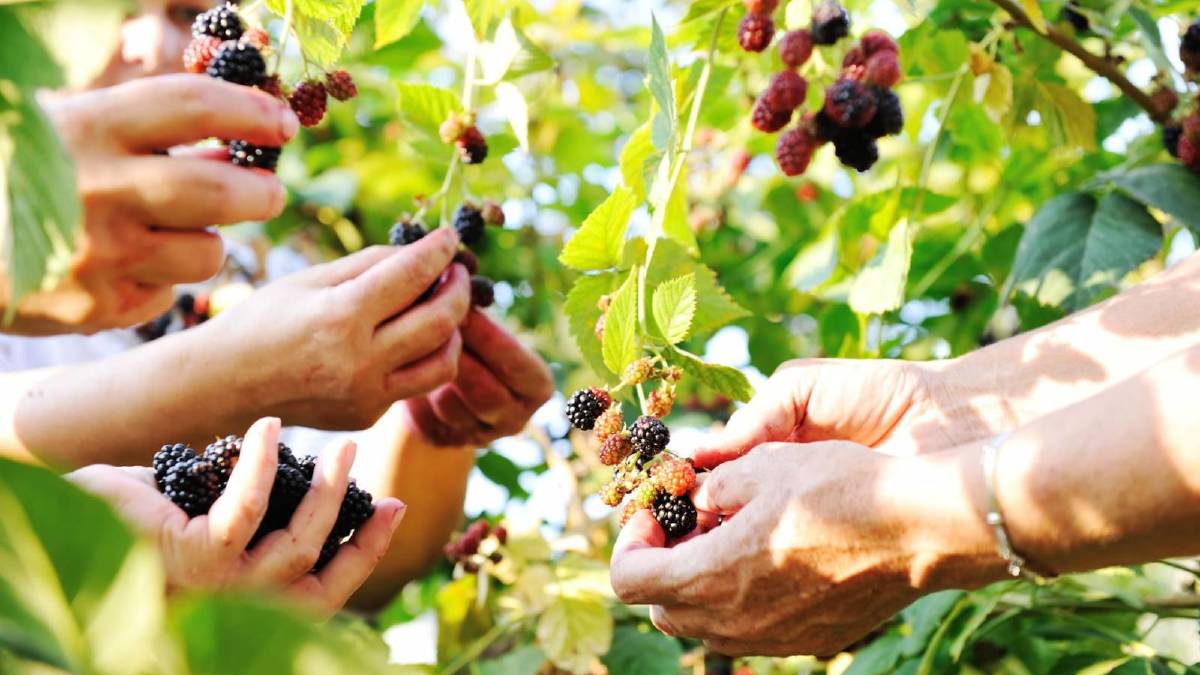
Fruit and veg losses top $38 million as worker shortage continues
Crop losses across the country directly as a result of ongoing labour shortages have now topped $38 million.
The National Lost Crop Register was launched in mid-December to capture the true cost to industry and the national economy from a lack of seasonal workers available to harvest fresh fruits and vegetables.
A total of fifty-five growers from five separate states and territories have anonymously reported their losses to date.
Read more here…
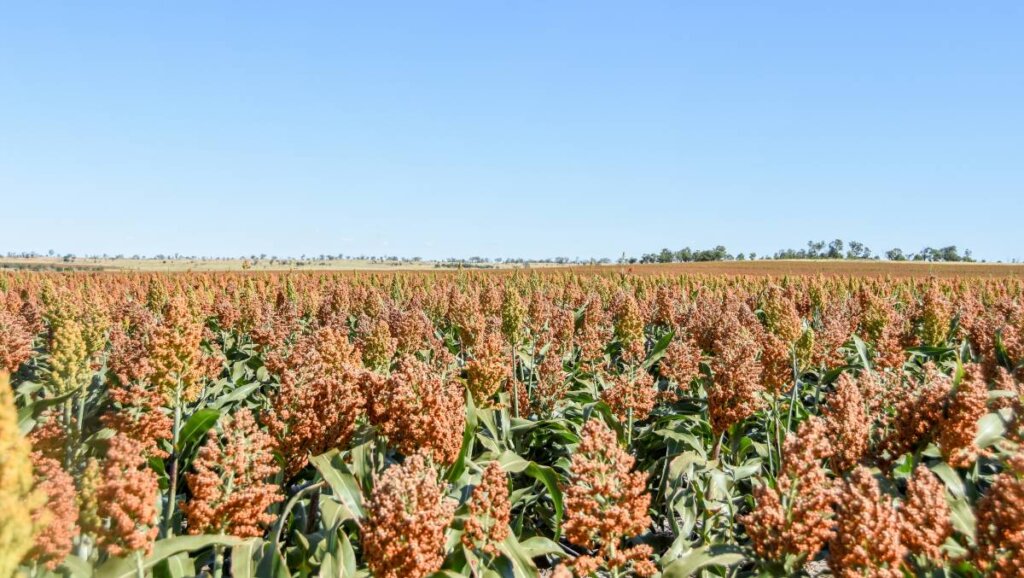
La Nina wet weather to allow sorghum seeding
La Nina driven weather patterns delivered another week of wet weather for Queensland farmers with heavy patchy falls across the state’s major cropping zones.
Heavy storms associated with the tail end of ex TC Imogen resulted in falls of 30mm to 75mm across the Central Highlands with isolated falls of more than 150mm in some of the southern parts. It is a timely rain for CQ farmers where more sorghum is expected to be seeded as soon as the paddocks dry.
Southern Queensland recorded beneficial storms ranging from 50mm to 100mm. Farmers welcomed the rain but would like to have seen the rain earlier.
Read more here…
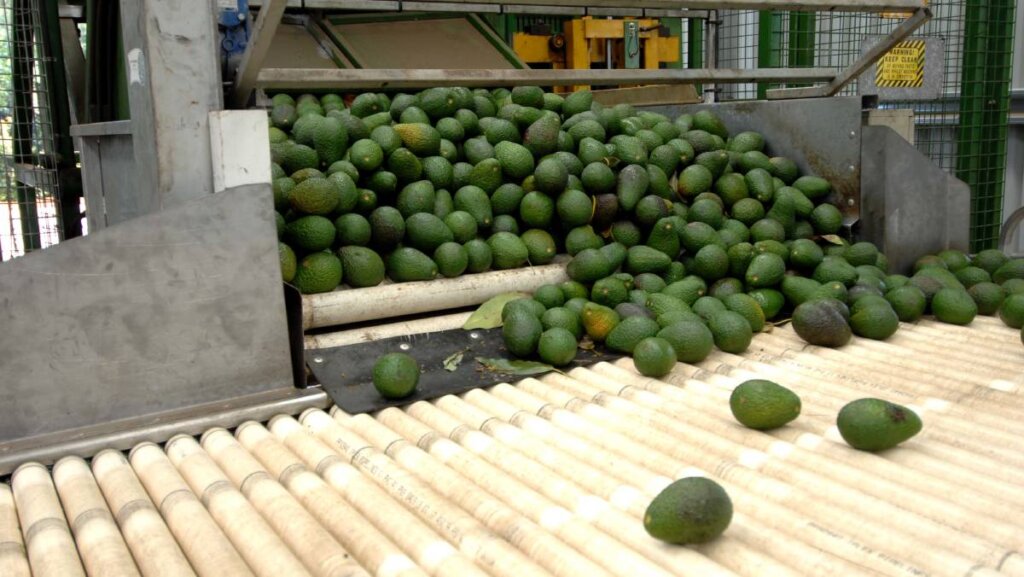
A safe and happy New Year for horticulture
A common wish we have for others at this time is for a safe and happy New Year. And for 2021, this wish for safety is more important than ever.
We are an industry already keenly aware of the need to operate safely. But COVID-19 has added a level of significance to our safety not seen before.
Growers have proven their adaptability and resourcefulness by quickly putting in place a whole range of new measures and processes to manage the risk posed to their staff and themselves by COVID.
Read more here…
South America
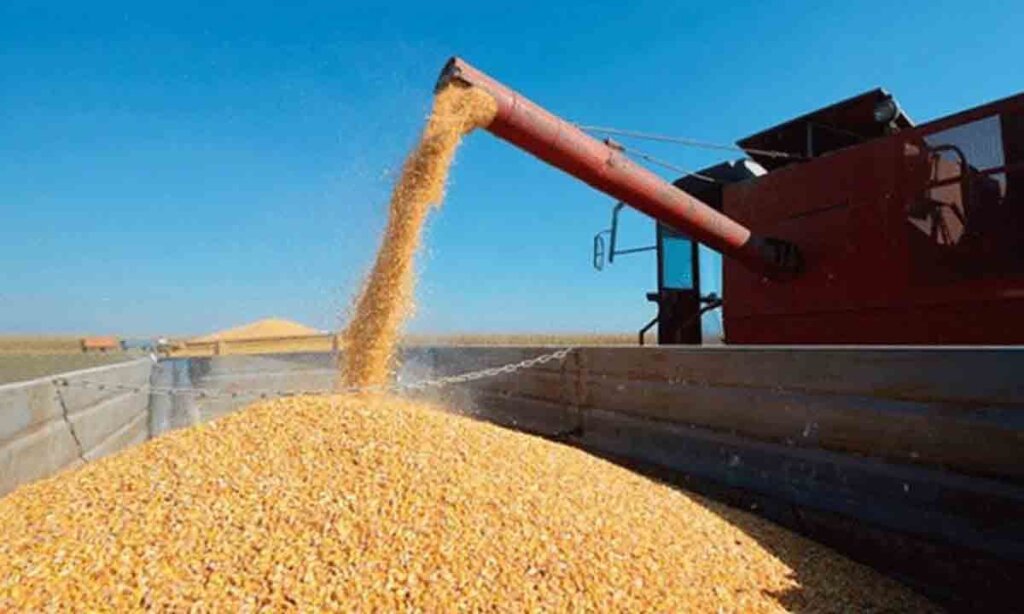
Argentina lifts ban on corn exports to a daily cap of 30.000 tons
rgentina has lifted a suspension on corn exports announced in December and will opt instead for a temporary 30,000 tons daily cap on sales abroad, its agriculture ministry said on Monday, backing off the more restrictive measure that had infuriated farmers in the South American grains powerhouse.
The world’s No. 3 supplier of corn announced on Dec. 30 a two-month halt in corn exports in a bid to control domestic food prices amid a long recession and the COVID-19 pandemic.
The agriculture ministry said in a statement in the early hours of Monday that it had struck agreements to guarantee the domestic supply of corn and cushion local prices against fluctuations in international markets, allowing it to end the full ban.
Read more here…

Brazilian leading meatpackers linked to ranches that use slave labor
An investigation published this week showed six Brazilian meatpacker firms bought cattle from ranches that used slave labor. Labor experts suggested on Wednesday that the firms must clean up their supply chains.
Brazil’s JBS, one of the world’s largest meat processing firms, bought cattle from two ranches that later ended up on Brazil’s “dirty list” of companies that employed slave labor, the anti-slavery rights group Reporter Brasil said this week.
JBS said it banned the two firms once they were on the dirty list, but it was unfair to expect JBS to stop working with any ranches facing allegations of slave labor from inspectors as those companies also had the right to defend their actions.
Read More here…
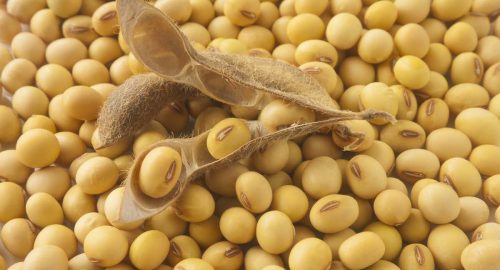
Soybean crush outlook diverges on recovery in Brazil, recession in Argentina
Brazil’s soybean crush volumes are expected to remain elevated in 2021 on high demand, while the outlook for Argentina’s crushing industry is precarious as Buenos Aires grapples with recession and more than $323 billion of mounting debt.
Brazilian crushers’ sales soared for most of 2020 due to high domestic and export demand, while Argentina’s crushers grappled with labor strikes, high taxes, negative margins, tight raw beans supply and logistical bottlenecks, analysts said, predicting similar trends for the two nations in 2021.
Read more here…
Food Updates
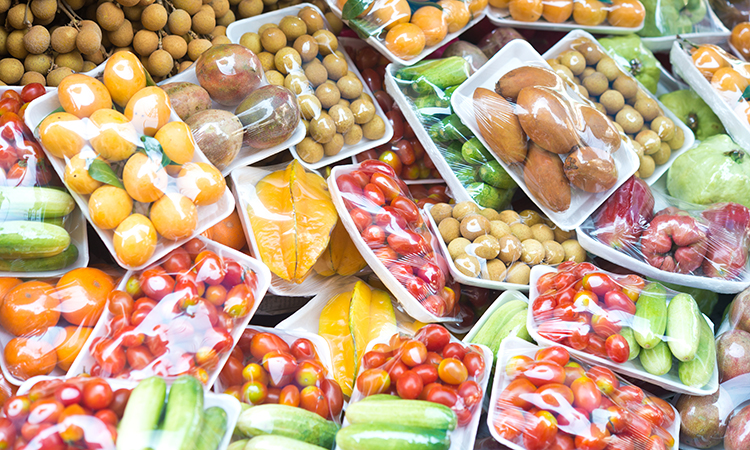
Our plastic dilemma
With little knowledge of how COVID-19 transmits, consumers have returned to single-use plastics. Here, Dr Sylvain Charlebois looks at how food protection measures have been affected.
The pandemic has disrupted our lives in more ways than one; among the most noticeable is our use of plastics.
As nations went into lockdown, the western world saw regulations and bans related to single-use plastics and plastic packaging relax in a matter of days. Once high on the social and political agenda, the focus on public health completely overrode everything else, including our desire to become better environmental stewards.
Read more here…
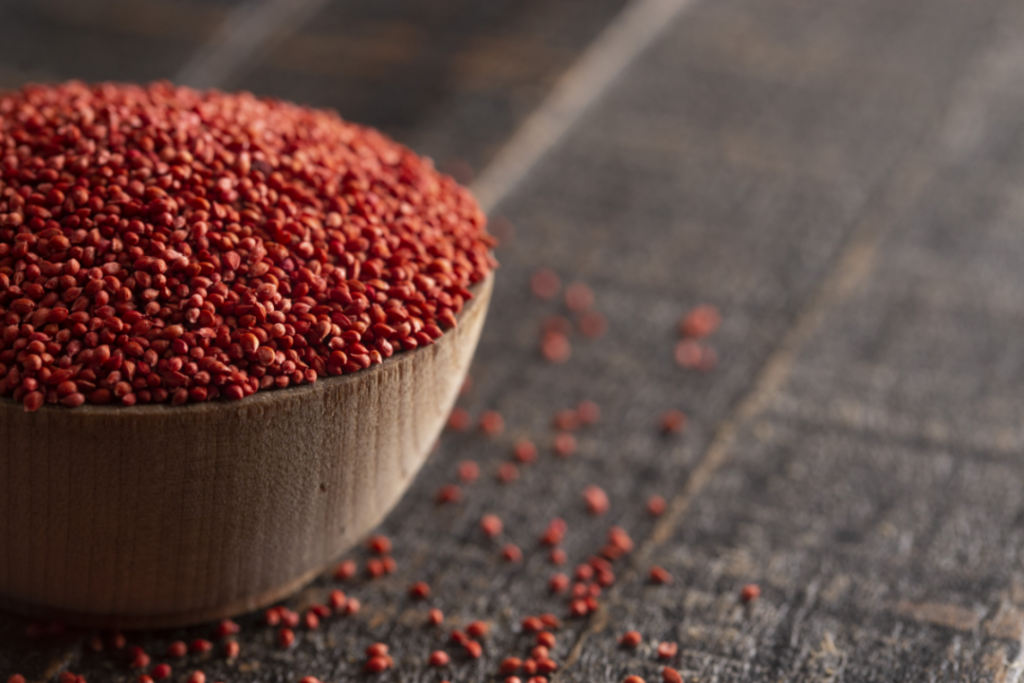
Ocean Spray offers cranberry seeds as baked goods, smoothie ingredient
BOSTON — Ocean Spray Cranberries, Inc. introduced Ocean Spray cranberry seeds, a new upcycled product harvested from cranberries. The cranberry seeds are available globally as an ingredient through Ocean Spray.
Cranberry seeds add natural color with a neutral flavor in a range of applications, including baked foods, smoothies, snack bars and more. They offer several health benefits, including dietary fiber for digestive support, zinc for immunity, omega-3 fatty acids for heart health and magnesium for cognitive function, according to Ocean Spray. They are non-GMO, allergen-free and have no added preservatives.
Read more here…
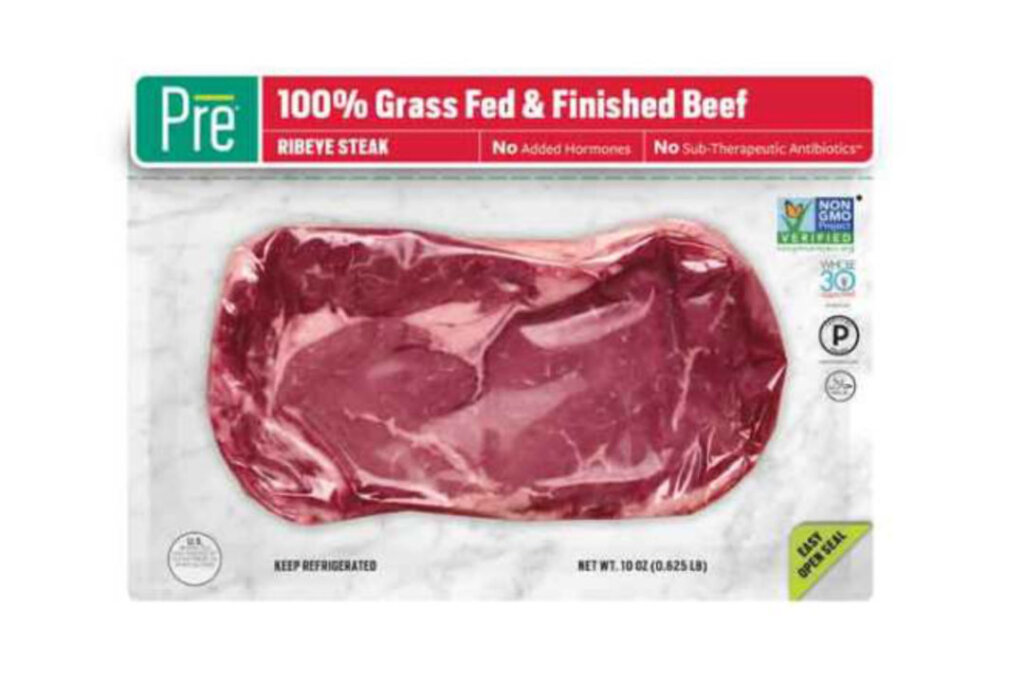
Pre Brands patents full-view meat packaging in US
CHICAGO – Grass-fed and grass-finished beef producer Pre Brands has been granted a United States patent for a packaging system/method for displaying fresh meat.
The newly patented proprietary fresh meat packaging system/display method was introduced to the market in 2016 with the launch of Pre Brands. The US patent joins patents obtained around the world including in Australia, Canada, Japan, Great Britain, Italy, Spain, France, and Germany.
Read more here…
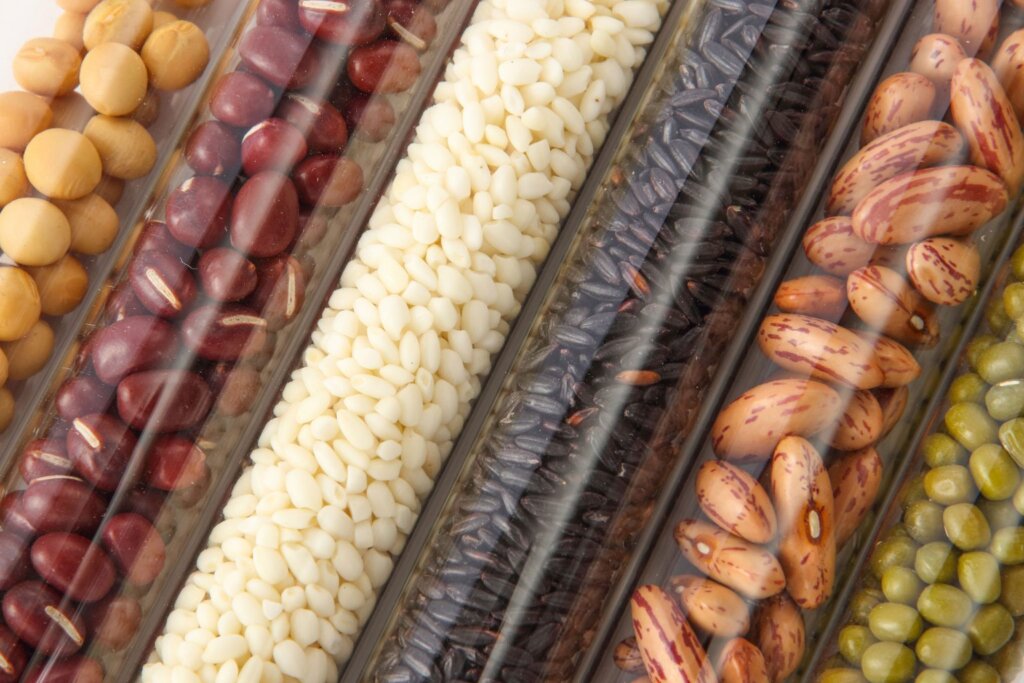
Sourcing ‘clean’ plant-based ingredients
As consumers demand more from their plant-based products, Oliver Amdrup outlines the difficulties companies face in sourcing pure and natural plant-based ingredients.
Driven by a desire to feel more healthy and for simple, clean products that demand less of our natural resources, consumers are increasingly shifting their diet preferences towards plant-based. Recent surveys conducted by Userneeds and Puori show that up to 43 percent of consumers have changed their eating habits to be more plant-based over the last 12 months.
As a supplement brand devoted to natural and certified pure products, Puori also aspires to fulfill those marked rising demands.
Read more here…

Scientists develop method to test for fruity thiols in beer
Scientists believe they have found an accurate way to measure a compound in beer that could be the key to understanding its often fruity flavour profile.
Scientists from the Research Institute for Beer and Beverage Analysis in Berlin have released research which could help brewers identify a key compound that contributes to the fruity profiles of some of the world’s most popular beers.
Hoppy beers such as pale ales are becoming increasingly popular, buoyed by the craft beer craze that shows no signs of slowing down. The fruity aromas and flavours that make some of these beers so popular partially stems from compounds called thiols.
Read more here…
